PLAY! is a multiformat project on the planning, design, making, and maintenance of public (play) spaces, seen through the lens of 250 public playgrounds in Rotterdam. Based on a photo documentary and an interview series, the project aims to reflect on the current state of playground design, failures and successes in the past 40 years, and lessons learned for the future. Playgrounds are often last to be included in conversations on city design and the making of public places, and first to be compromised with new inner-city developments. But they are the spaces where the young urban generations spend a lot of their time, and that play a formative role in their physical, social and cultural growth.
A lot has changed in recent years in the public dialogue, city politics and focus areas in urban space design, making the necessary shift in focus towards the Climate Emergency and the biodiversity crisis, with more change and action still needing to happen.
The vision for public play has also evolved, but in the age-old tension between the car and play, the car continues to win. Many designated play spaces, filled up with play equipment, are maybe not even so much about creating a reason for play, as they are about reserving space and marking the territory, so that it won’t be taken over by stronger financial stakeholders, or the car.
With the increasing number of territorial claims, the complexity of public space grows. As a network of small spaces, playgrounds are tightly interwoven with other urban spaces and facilities, in many cases overlapping with infrastructural buffer zones, (bike) parking, waste disposal, and electric substations, with often conflicting regulations, visions and ambitions. But opportunities in overlapping urban functions are continuously explored as a new priority, with the integration of water buffers for example.
Based on standardized and certified materials and objects, playgrounds and their equipment offer great potential in the development of adaptable and circular systems. In Rotterdam the maintenance team works on forward-thinking projects. With the playground depot, the team is able to remove, store, restore, and recertify playground equipment, thereby minimizing waste. The natural materials depot forms a source for play incentives, such as felled trees and stones. The adaptable, modular Plug&Play system, based on a standard foundation with a variety of infills, allows for the playgrounds to grow with their users.
The design and maintenance of public play spaces in Rotterdam is pioneering in the fields of reuse and minimizing waste, and has the potential to inspire and inform the building industry in general. While we are in a state of incremental change in addressing the Climate Emergency in the building industry, many lessons can be learned from the way of working of the Rotterdam playgrounds team, in how incremental change can become a revolution. At the same time a number of other conversations on the politics of space still have to be urgently addressed.
The project PLAY! wants to re-initiate the play vs car debate and introduce the environmental economics of public space, in the context of the ongoing densification of urban areas. The project calls for learning across different public space typologies and disciplines, taking lessons from public space design for the building industry, and closer collaboration across different sectors, in addressing the Climate Emergency.
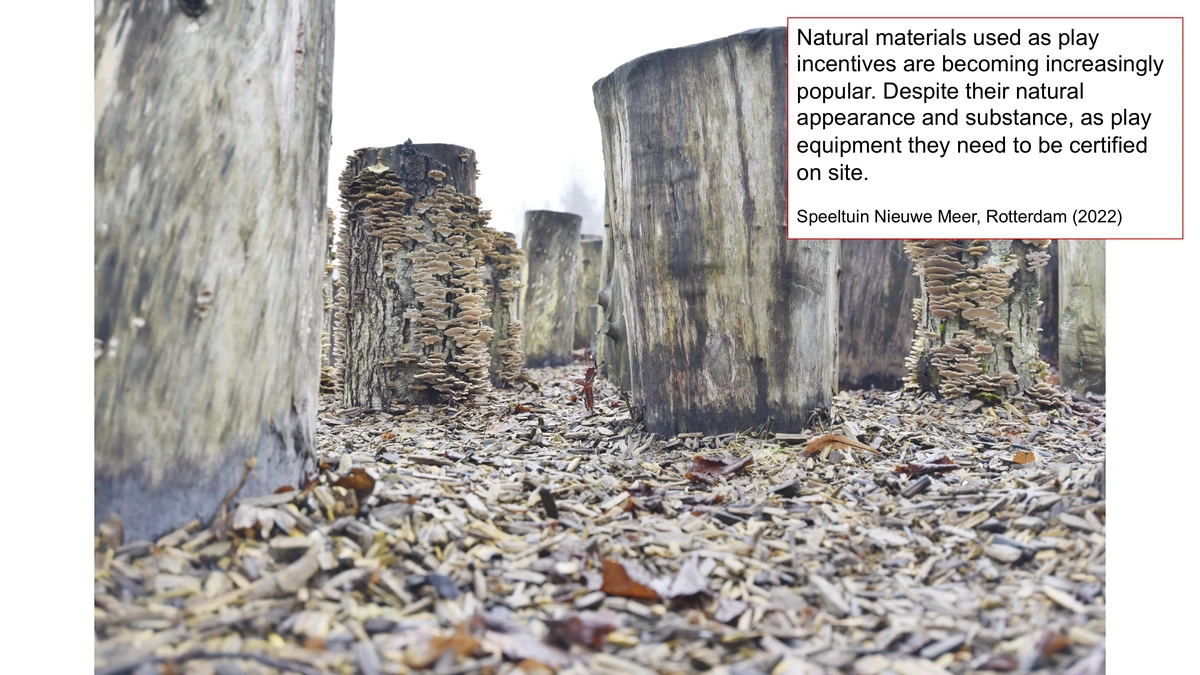
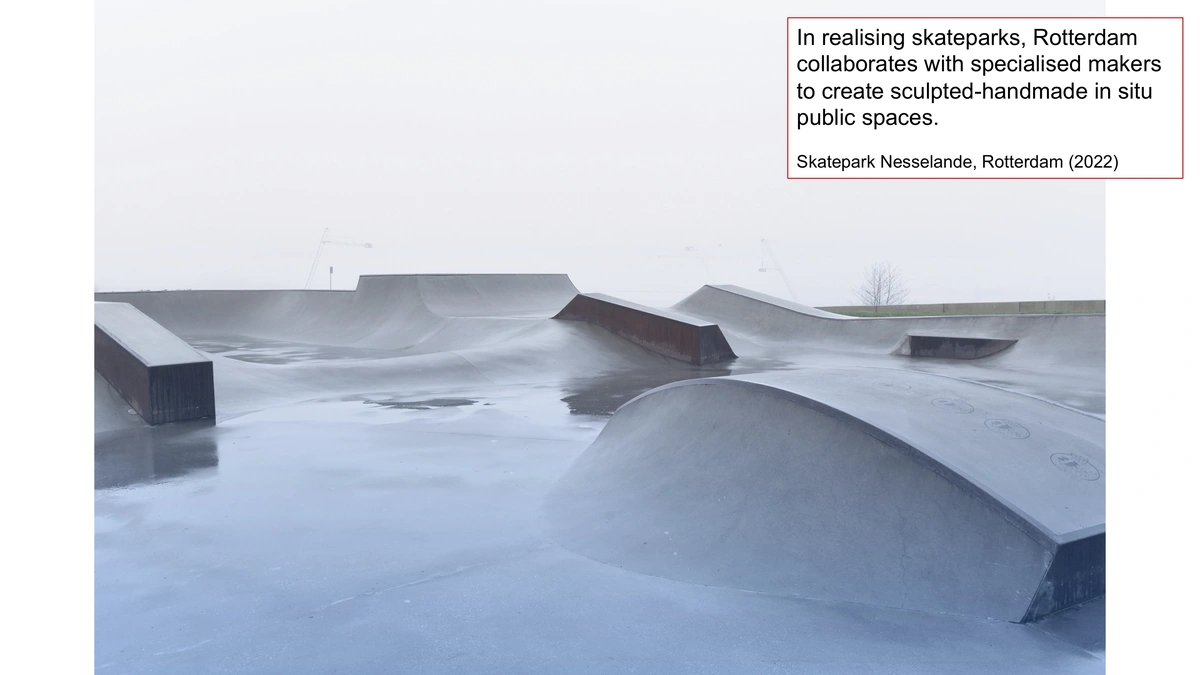
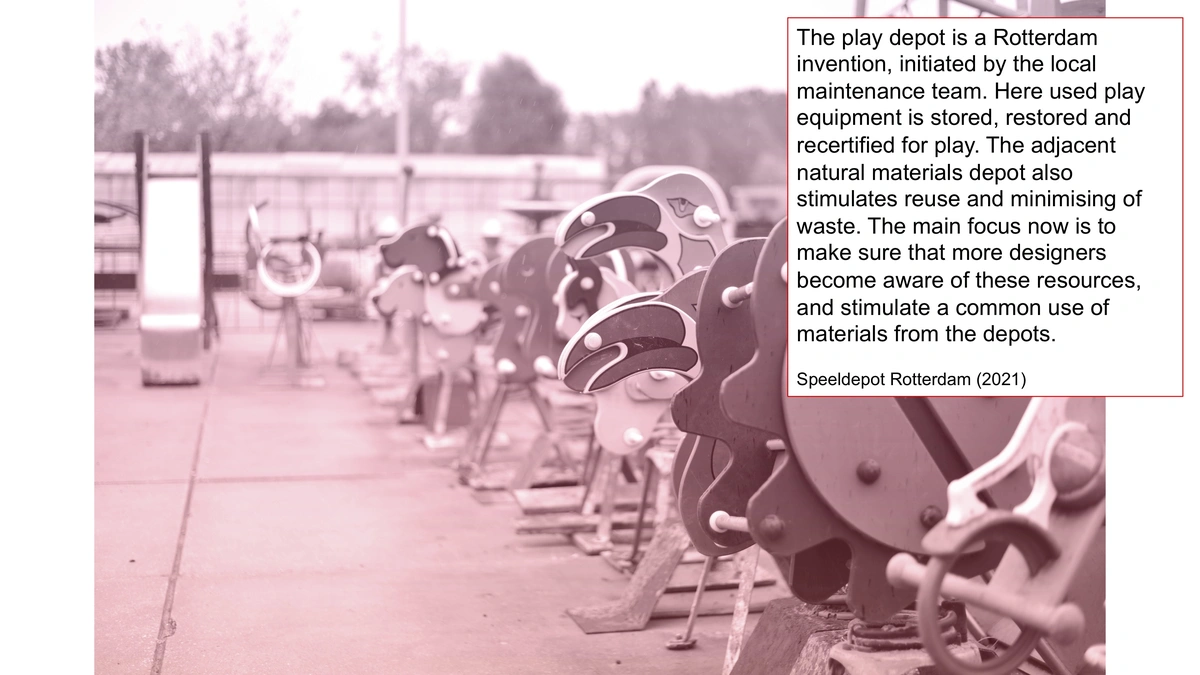
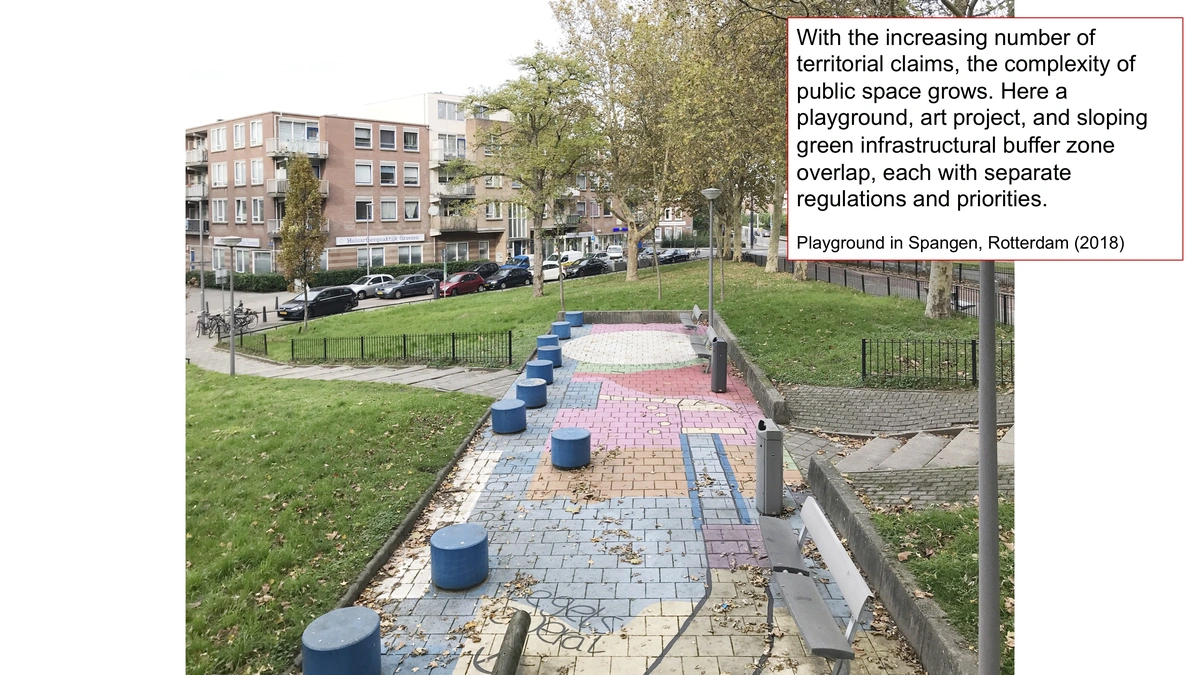
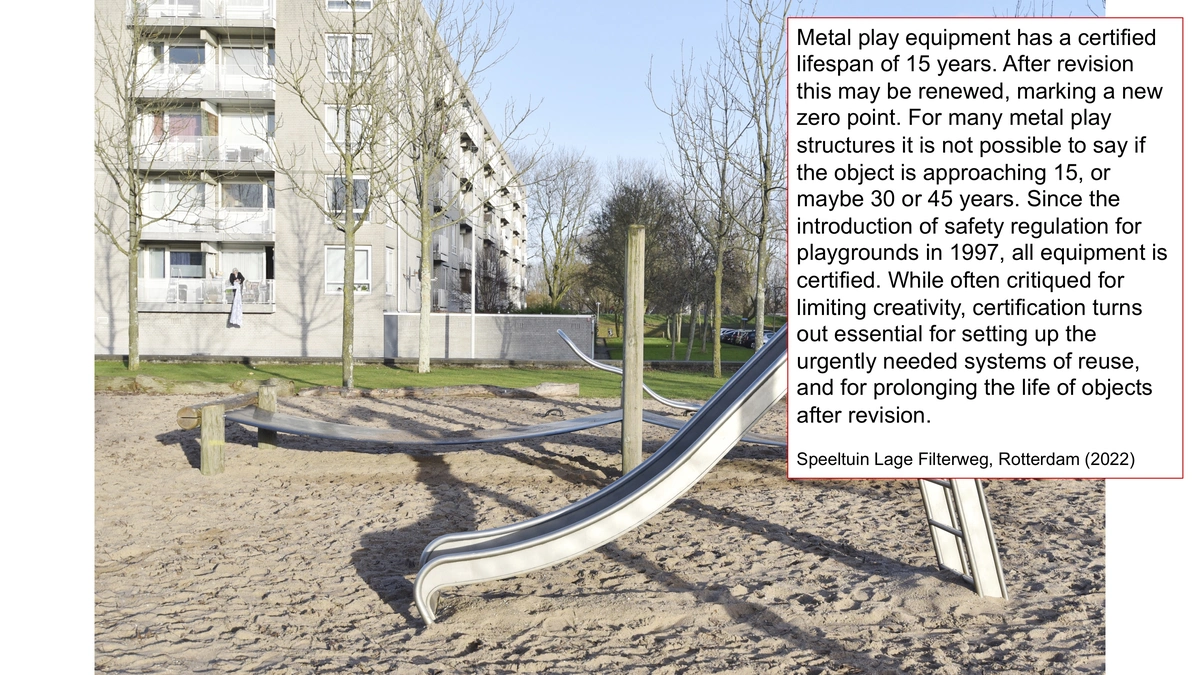
We are a project based collective – Play! – initiated by Janna Bystrykh (architect, researcher, Head of the Master’s program in Architecture at the Amsterdam University of Arts) and Sanne van den Breemer (architect, researcher, and tutor and part of the core team at The Berlage, TU Delft). On this project we are working together with the artist and illustrator Masha Krasnova. She will make conceptual analytical illustrations and dioramas, as an extra layer of reflection on the subject (work in progress). This oral and visual history project on the politics and making of public (play) spaces is also a book in the making, to be published and released by nai010 publishers (Rotterdam) beginning of 2023.